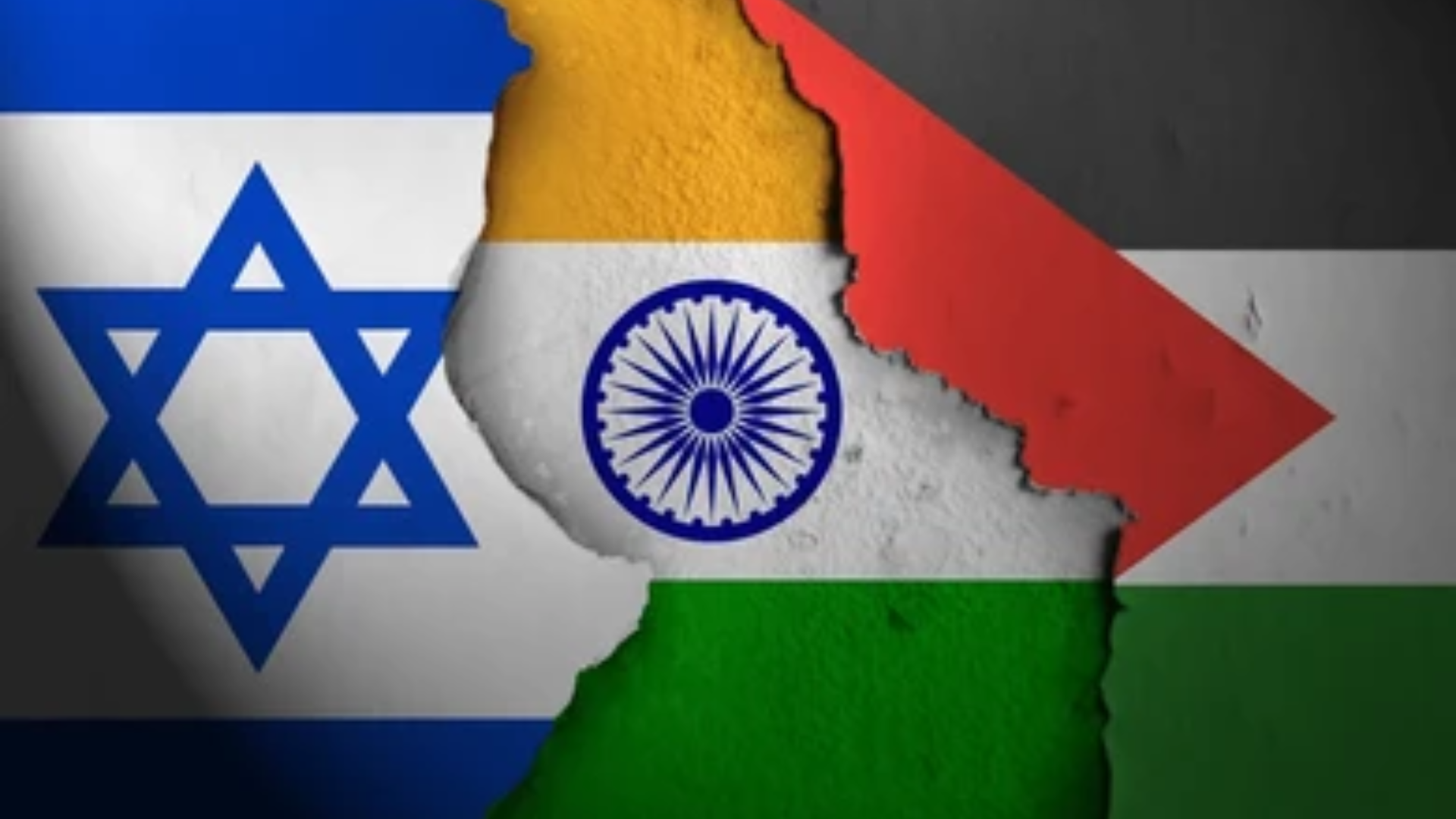


The Israel-Palestine conflict, a longstanding geopolitical issue, has reverberations far beyond the Middle East. For India, a key player in global affairs with deep ties to both Israel and Palestine, the conflict’s impact is multifaceted and requires a nuanced understanding. This article delves into the various dimensions of how the Israel-Palestine conflict influences India’s foreign policy, regional stability, economic interests, and strategic partnerships.
India’s foreign policy vis-à-vis the Israel-Palestine conflict is a delicate balancing act. On one hand, India maintains a strong historical and principled support for Palestinian rights, including the call for a two-State solution. On the other hand, India has fostered robust bilateral relations with Israel, marked by defense cooperation, technology exchanges, and economic collaborations. This diplomatic balancing act reflects India’s nuanced approach to navigating complex global dynamics while upholding its values and interests.
The escalation of the Israel-Palestine conflict often has repercussions for regional stability and security, impacting countries beyond the immediate conflict zone. For India, which seeks peace and stability in its extended neighborhood, any flare-up in tensions can have implications for regional dynamics, including potential spillover effects on security arrangements, energy supplies, and geopolitical alignments.
The Israel-Palestine conflict also carries economic implications for India. As a major importer of crude oil and natural gas, disruptions in the region can affect India’s energy security and economic stability. Fluctuations in oil prices, heightened maritime risks, and disruptions in trade routes due to the conflict can pose challenges for India’s economic growth and energy diversification efforts.
India’s strategic partnerships, particularly with Israel in defense and technology sectors, are influenced by the dynamics of the Israel-Palestine conflict. While India values its defense cooperation with Israel, it also maintains engagement with Palestinian authorities and supports development projects in Palestinian territories. Balancing these relationships amid geopolitical shifts and regional tensions requires adept diplomacy and a forward-looking approach.
India’s stance on the Israel-Palestine conflict also intersects with humanitarian concerns and global diplomacy. India has consistently advocated for peaceful resolutions through dialogue and negotiations, supported humanitarian aid initiatives for Palestinians, and engaged in multilateral forums to address the conflict’s complexities. These efforts underscore India’s commitment to promoting peace, stability, and development in the region.
The impact of the Israel-Palestine conflict on India is multifaceted, ranging from diplomatic challenges to economic considerations and strategic imperatives. As India navigates this complex landscape, it emphasizes principled positions, constructive engagement, and a proactive role in regional and global diplomacy. By balancing its interests and commitments, India seeks to contribute positively to efforts aimed at resolving the conflict and fostering a climate of peace, security, and prosperity in the Middle East and beyond.